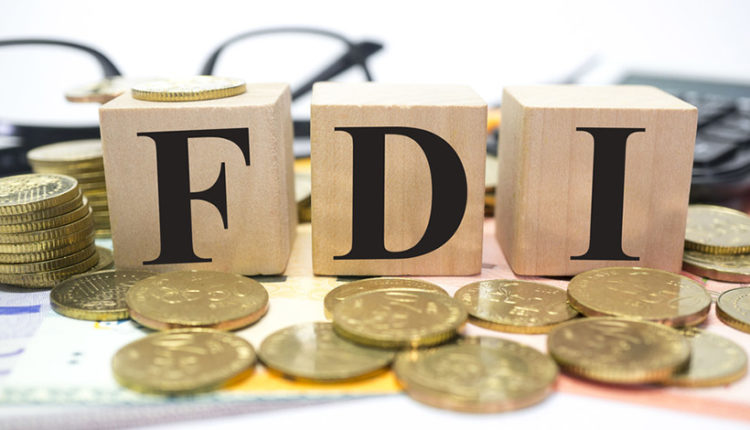Ghana still maintains its status as one of the most attractive destinations of investment on the African continent. The West African country continues to receive significant amounts of Foreign Direct investments (FDI) from various investors across the globe.
A recent report by the African Development Bank Group (AfDB) listed Ghana among the top five African countries that received the highest amounts of FDI in past ten years.
Per the report, Ghana received a cumulative amount of US$32.5 billion in FDI between 2011 and 2020. This makes Ghana the 2nd and 5th largest FDI recipient in West Africa and Africa respectively, in the past ten years.
Egypt received the largest amounts of FDI in Africa worth US$56.2 billion between 2011 and 2020. Also making the list of the top five are Nigeria, South Africa and Mozambique with inflows; of US$45.1 billion, US$41.3 billion, and US$37.2 billion respectively over the period under review.
The report titled ‘Entrepreneurship and Free Trade Volume II – Towards a New Narrative of Building;Resilience’ examines the state of African entrepreneurship within a global lens. It also highlights developments and suggestions for future directions for entrepreneurship in Africa.
Tech hubs in Africa
The report reveals that Africa has nearly 650 tech hubs that include accelerators and incubators. An interesting revelation is that the countries with the greatest number of accelerators are also those with the greatest share of venture capital financing.
To this end, the report states that FDI is vital for entrepreneurship because of the long-term capital; commitment made, and the potential opportunities startups can access. An important consideration for entrepreneurial development in Africa, according to the report, is creating a positive business environment that is conducive to FDI. The positive environment, per the report, will ensure that supply and value chain links are established for future growth.
The report mentions Egypt, Nigeria, Kenya and South Africa as the top African countries that accounted for more than;a third of the incubators and accelerators and 80 percent of investment in Africa.
Different degrees of entrepreneurship
According to the report, these four countries also account for more than a third of financing indication in Africa, reflecting a measure of concentration. The report further states that “all regions and populations have differing degrees of entrepreneurship, which is true in Africa and elsewhere”.
All the top three countries that attracted huge FDI inflows have large populations and so are more positioned to attract more investment than the smaller nations. But, the report names other populous countries like Ethiopia, the Democratic Republic of Congo and Tanzania that have not attracted comparable levels of investment activity for startups. The report says this suggests that “more is required than population”.
Likewise, the report cites countries like Mauritius and Seychelles that have not developed critical mass in innovative activities despite having higher levels of wealth and legal and institutional environments for business that are typically more highly rated than their peers in Africa.
“Therefore, scale and critical mass anchored in markets with an industrial base and a minimum threshold of people with relatively high incomes appear to be important drivers in the process”.
The report also recognizes that some of Africa’s largest firms are for the state, and often constitutes a drain on fiscal resources. It therefore, recommended restructuring and commercialization of state-owned enterprises for better management, accountability and financial results as a remedy.


Comments are closed.